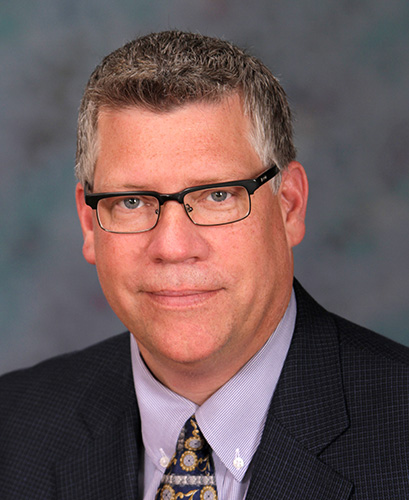This is the sweet spot. When the classroom experience becomes more than rudimentary instruction. Something happens just about this time of the semester. Classes are not merely taught; they are conducted. And that is exhilarating.
It means that students are conversant about things they did not even know only a few weeks ago. It goes beyond students’ ability to regurgitate terms of art and memorized facts. It is their ability to interact with abstract ideas and concepts in a way that evidences actual understanding that gives meaning to the classroom experience. That’s what calls many of us to teach.
Most syllabi contain a line item about class attendance and participation. It’s easily overlooked in favor of other content about what work has to be done and when. Maybe in future semesters I’ll put this line in bold. Maybe even all CAPS. It’s happening. I want you to know how significant it is.
This is where the narrative of your career begins. It’s a conversation started in a classroom, continued during an internship and developed throughout your career.
I know it’s happening when a student asks questions about material I will cover later in the lecture or maybe next week.
Yes! Here is a mind working to assimilate knowledge. Here is an active mind considering new learning within the context of prior learning. A mind considering the implications of what it has just learned. Yes! Here is a mind that is truly in attendance. Time to conduct class!
Though I’ve never taught foreign language, I can imagine how satisfying it can be. In the beginning it’s about vocabulary, sentence structure and pronunciation. Eventually, you have entire conversations, fluently. And with that comes the reward of knowing that you have helped enable someone to interact with millions of other people in a way they never could before.
Though I’ve never taught anyone to play a musical instrument I can imagine how satisfying that can be, too. In the beginning it’s about proper technique, how to make the individual notes and chords. It’s theory and scales, practice and more practice until, finally, there’s music. Now there’s a beautiful outcome.
This is the fruit of attendance and participation. I suppose it applies to all academic disciplines. Assignments and assessments are designed to bring about that fruition.
That music recital isn’t going to go so well if the student shows up without first learning their part. That conversation in Japanese, French or German is going to be pretty one-sided if the student shows up without first completing the vocabulary assignment.
If you don’t show up prepared, how then can you really participate in the conversation? You know, that conversation where your career begins.
If you haven’t completed the assigned reading, you will be sitting on the sidelines, trying to understand what the rest of the class is discussing. Sort of like trying to understand a conversation in a language you don’t speak. Sort of like trying to play a song without knowing the key.
That’s why pre-requisites are so important. Your courses are arranged in a particular order to form a curriculum. Like scenes in a movie, they are arranged sequentially. Start watching a movie 30 minutes in, and you won’t know the characters, the setting or background.
You’ll be tugging at the sleeve of someone else watching the movie, asking questions. Then they miss some of the dialogue.
You don’t want to be that person. Don’t avoid pre-requisites and don’t miss classes. It’s a drag on everybody.
Instead, I invite you to join the conversation. And for those of you already attending and participating, thank you. You make teaching a rewarding profession.
And the conversations with your college professors don’t have to end after you are graduated. The best emails and phone calls are from former students who, in the course of their career, reach out to say, “Hey, do you remember that thing we discussed in class? It just happened.” Or even better, “here’s something new in the industry that I wonder if you are aware of.”
Tell me all about it.
Column by Kevin Qualls, Professor of mass communications































































































